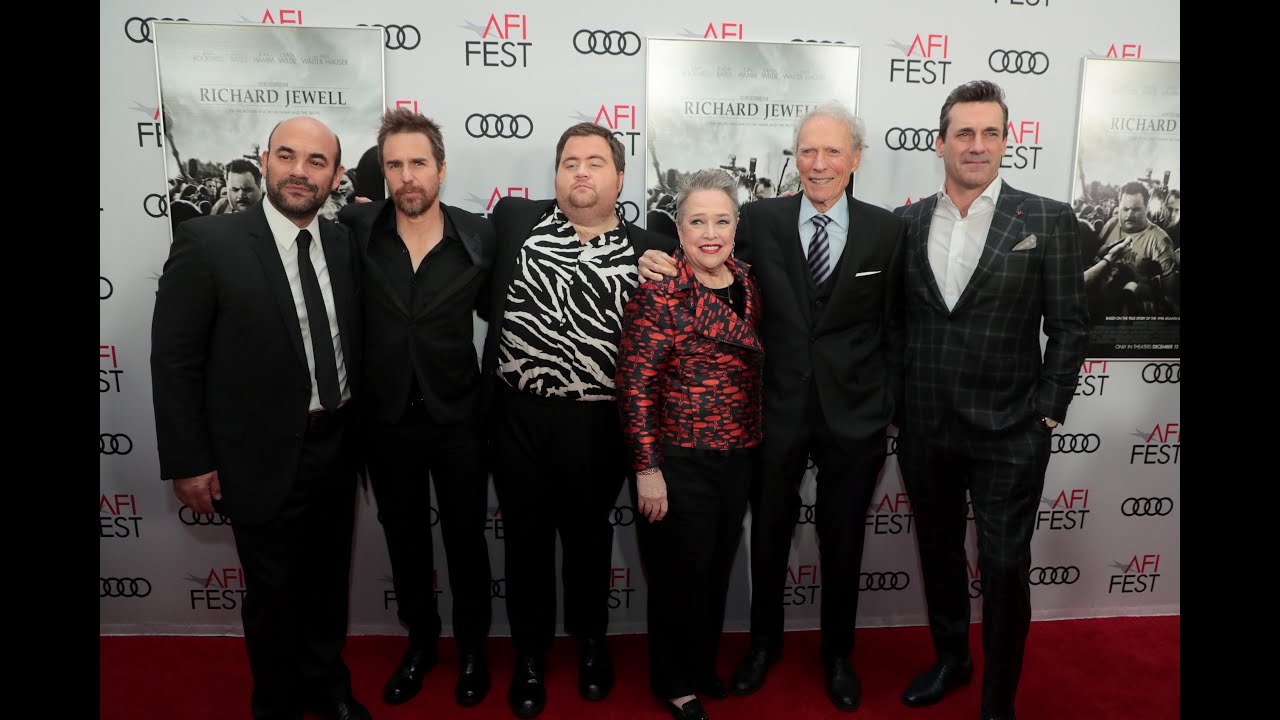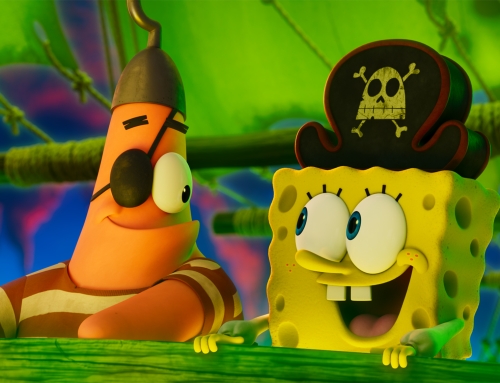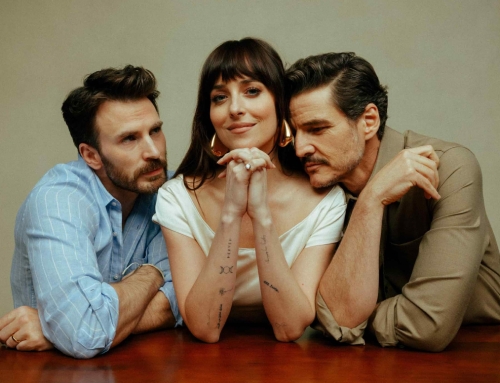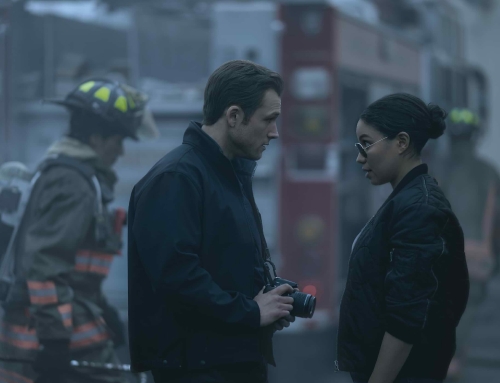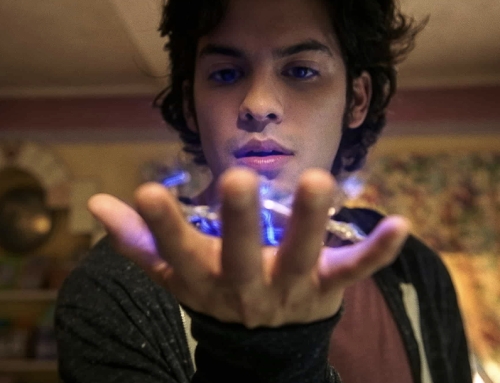RICHARD JEWELL
The World Will Know His Name… And the Truth
“There is a bomb in Centennial Park. You have thirty minutes.” The world is first introduced to Richard Jewell as the security guard who reports finding the device at the 1996 Atlanta Games bombing—his quick thinking making him a hero whose swift actions save countless lives. But within days, the law enforcement wannabe will become the FBI’s number one suspect, vilified in the court of public opinion, his life ripped apart.
Directed by Clint Eastwood, the suspense drama “Richard Jewell” centers around the events that forever made his name synonymous with that terrible act. The film stars Oscar winners Sam Rockwell (“Three Billboards Outside Ebbing, Missouri”) as attorney Watson Bryant and Kathy Bates (“Misery,” TV’s “American Horror Story”) as Richard’s mom, Bobi; Jon Hamm (“Baby Driver”) as lead FBI investigating agent Tom Shaw (a fictionalized character); Olivia Wilde (“Life Itself”) as reporter Kathy Scruggs; and Paul Walter Hauser (“I, Tonya”) as Richard Jewell.
Oscar winner Eastwood directed from a screenplay by Oscar nominee Billy Ray (“Captain Phillips”), based on true events and on the Vanity Fair article “American Nightmare—The Ballad of Richard Jewell” by Marie Brenner. Eastwood also produced under his Malpaso banner, alongside Tim Moore, Jessica Meier, Kevin Misher, Leonardo DiCaprio, Jennifer Davisson and Jonah Hill.
Eastwood’s creative team included director of photography Yves Bélanger and production designer Kevin Ishioka, along with longtime costume designer Deborah Hopper and Oscar-winning editor Joel Cox (“Unforgiven”), who have worked with Eastwood throughout the years on numerous projects. The music is by Arturo Sandoval, who scored 2018’s “The Mule.”
Warner Bros. Pictures Presents a Malpaso Production, an Appian Way/Misher Films/75 Year Plan Production, “Richard Jewell.” The film will be distributed worldwide by Warner Bros. Pictures. This film has been rated R by the MPAA for language, including some sexual references, and
brief bloody images.
richardjewellmovie.com
1
ABOUT THE PRODUCTION
BRYANT
Richard, you’re a national hero now.
RICHARD
Thank you, sir, but I was just doing my job.
On July 27, 1996, in the middle of the Atlanta Games, security guard Richard Jewell discovers a suspicious backpack, hidden under a bench, that is soon found to contain an incendiary device. With little time to spare, he helps evacuate the area, saving many lives and minimizing potential injuries. He is hailed a hero. But just three days later, the humble savior’s life unravels when he—and the world—learn he is the FBI’s prime suspect in the bombing.
What might read as the makings of a suspense thriller are not the imaginings of a creative mind, but were, in fact, the life-shattering reality for the real Richard Jewell. Ironically, thanks to his selfless act, for 88 days, Jewell lived with an invasive FBI investigation, public scrutiny spurred by unrelenting press coverage, and the uncertainty that his name would ever be cleared, or his life ever be the same.
Director/producer Clint Eastwood was intrigued enough to dramatize for the big screen the tragic story of this trusting man whose life was turned upside down by both the media and the law enforcement community he idolized. “We often see stories about powerful people getting accused of something, but they have money, get the right attorney, and escape prosecution,” he says. “I was interested in Richard Jewell’s story because he was the common man, the average person. He was never prosecuted, but he was in every way persecuted. There was this rush to judgement to accuse him, and he didn’t have any power to escape it and was, for a long time, too naively idealistic to see he needed to save himself.
“That’s why I wanted to make this picture,” he continues, “to restore Richard’s honor. Because it’s the everyday guy—who wants to be a police officer, of all things, to devote himself to the betterment of mankind—who does this heroic thing and then pays a heavy price for it. He gets thrown to the wolves.”
Whether or not the public at large is aware of Richard Jewell’s innocence, most today still refer to him as the Atlanta bomber, despite his having been cleared. “People don’t put it together,” the director adds. “They don’t connect that the real bomber showed up six years later, that he confessed, and that they got him. I hope audiences learn that from this picture, but that they also learn that, as a society, we can do better. If that’s a lesson Richard can give us, I think that’s great. That’s a hero.”
2
Eastwood’s production banner, Malpaso, had been circling the project for a few years. In fact, says producer Tim Moore, “We were scouting for another project in Hawaii, and when I came back, Clint said, ‘You might want to take that Hawaiian shirt off; we’re going to Atlanta to do the Richard Jewell story. The time to make it is now, it’s a story that needs to be told.’ All of a sudden, we were in Atlanta prepping for production.”
Producer Jessica Meier adds, “Clint felt it was important because even though it happened over 20 years ago, it could still happen today. Anybody can be taken down in two seconds by a quick statement, true or not.”
The filmmakers sorted through a vast amount of research in determining the story they could tell within the framework of a single film. “There was an amazing amount of information,” Meier relates, “but we focused on Richard’s point of view and his partnership with his attorney Watson Bryant—the first person apart from his mom to believe in him—because that’s what we found most compelling.”
Screenwriter Billy Ray, who penned the script, says, “I’ve always wanted to write for Clint—I think every writer feels that way—but especially on a movie like this because it concerns the kinds of themes that Clint has been exploring his entire career: justice, the power dynamics of American law enforcement, the ordinary man in an extraordinary circumstance. It was just a perfect marriage of director and material.”
Ray based his work on a 1997 Vanity Fair article by Marie Brenner. The journalist, who was on-site in the aftermath and spent time with Richard, his mother, Bobi Jewell, and Watson Bryant, recalls, “In 1996, law enforcement was enthralled by the profiling theory, so amidst the frenzy that would have been going on at the bureau after the bombing, they looked at this very sweet, slightly oddball guy who found the device and thought, ‘Oh, it’s the lone bomber theory!’ It then became a witch hunt—a term that is overused in our culture but is the very definition of what happened to Richard; he and Bobi were under severe pressure and really coming undone. Then and now, our society is so quick to make assumptions about people based on how they look or how a series of actions appears from the outside, without trying to see inside someone’s heart.
“My time in Atlanta, and what happened to Richard, had a profound effect on me as a reporter,” she continues. “It is rare when a story inhabits you in this way and even rarer when you remain in contact with those you have reported on. Seeking justice for this man became a mission for me, to get their story told by a filmmaker of immense talent and in the most powerful way.”
When Brenner learned Eastwood was interested in telling the story for the big screen, she thought, “I was stunned and absolutely elated. It was, for me, an almost unimaginable fever dream
3
that, 23 years after the bombing, an icon who cares so deeply about the rights of the unseen heroes among us had chosen to utilize his gifts to tell this story, to at long last bring justice to Bobi and Richard Jewell.”
Though there was no proof of wrongdoing, Jewell had several strikes against him, including the fact that he fit the FBI’s general profile and had discovered the device. Law enforcement compared him to criminals in similar, recent cases, and also learned that Jewell had made a few mistakes at his prior jobs and held that against him.


